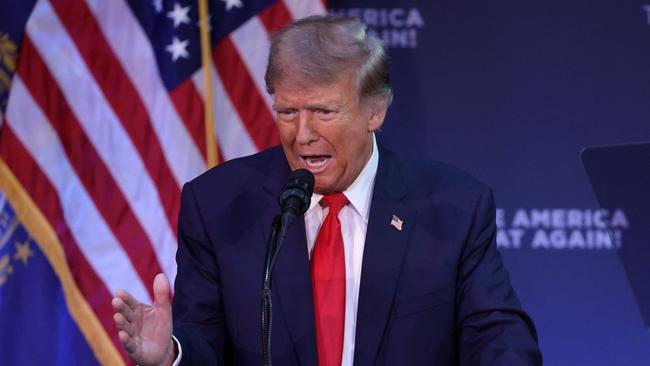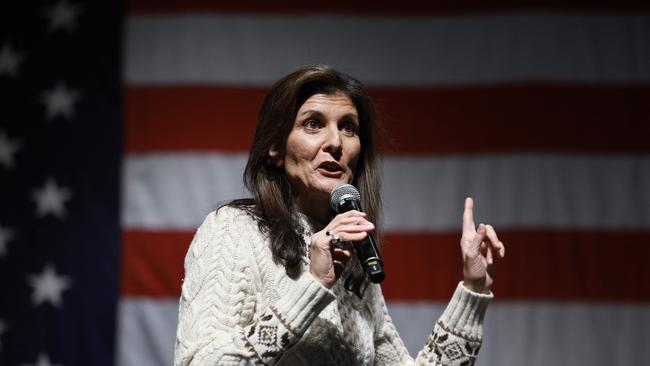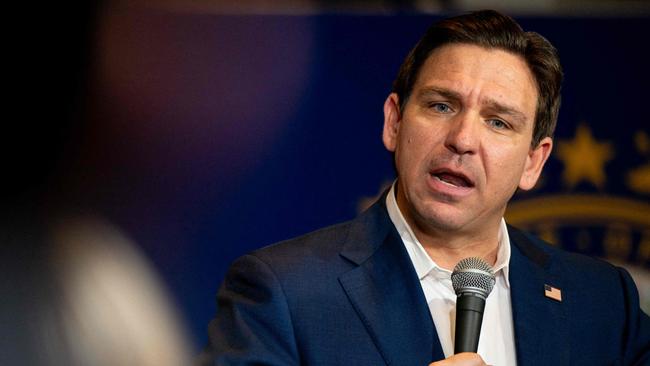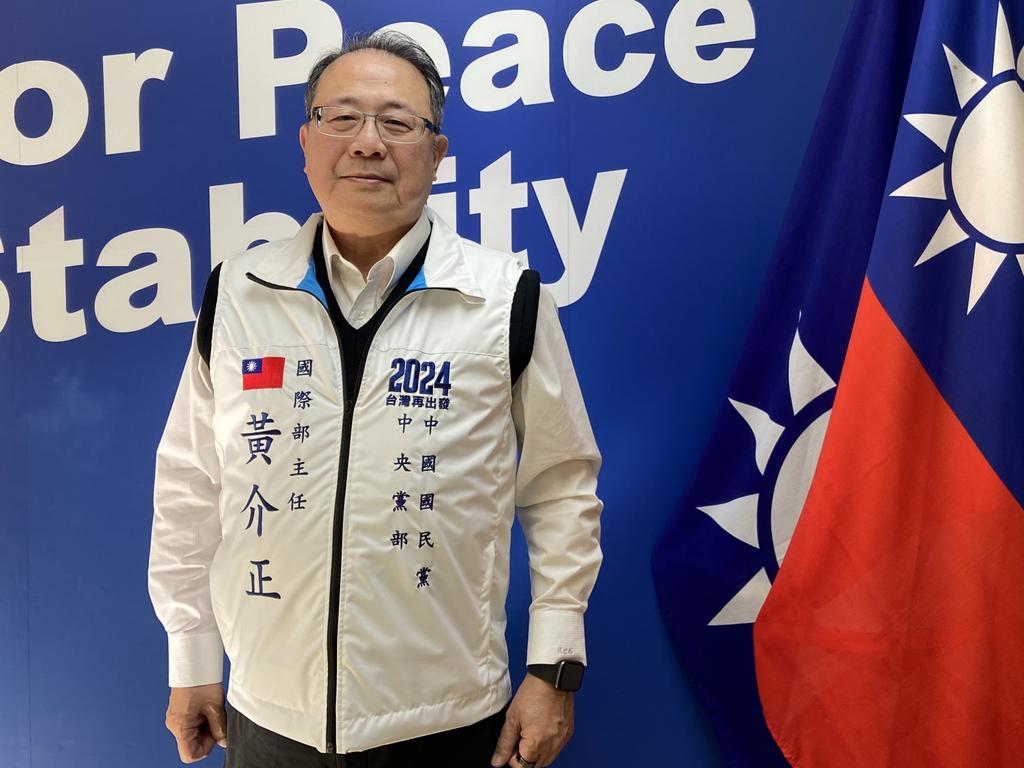AUKUS can survive Donald Trump if Anthony Albanese maintains relationship, says Scott Morrison
Scott Morrison says AUKUS’s future will be in Anthony Albanese’s hands if Donald Trump wins the US election.

AUKUS architect Scott Morrison says a re-elected Donald Trump won’t pose a threat to the nuclear submarine pact as long as Anthony Albanese can forge a working relationship with the returned president.
As Mr Trump firms as the Republican Party’s likely candidate with the withdrawal of Florida Governor Ron DeSantis from the primary race, Mr Morrison said there was “no reason” AUKUS would not succeed under a second Trump administration, “provided the relationship is managed well”.
The former prime minister said in the event of a Trump victory, Mr Albanese would have to “strike the right rapport and make sure the relationship continues to succeed”, as he himself had done when President Joe Biden was elected.
“President Trump himself won’t be the reason that (AUKUS) would come into question,” he said.
“President Trump was a strong supporter of our alliance and respected our contribution to the security relationship.
“In particular, he respected the strength we showed in the face of China’s bullying and coercion. I always believed the Trump administration would have embraced AUKUS had the then president remained in office after 2020.”
His comments came as the Prime Minister fended off suggestions a second Trump presidency could spell trouble for Australia’s nuclear submarine ambitions.
“We will work with whatever the outcome is because the relationship between Australia and the United States is not just a relationship between individuals or leaders,” Mr Albanese told Sky News.
“It’s a relationship between our peoples, and it’s based upon the democratic values that we share, the cause of freedom that we have fought for together.”
His comments came despite his own criticism as opposition leader of Mr Trump, when Mr Albanese accused the former president of seeking to “undermine the democratic process” during the storming of the US Capitol Building.
Mr Albanese has also previously pointed to Mr Trump’s retreat from the post-WWII order “whose underlying values are those which Australians hold dear”.
The former president, 77, is close to winning the Republican nomination, with Tuesday’s New Hampshire primary being cast as rival Nikki Haley’s “last stand”.

The twice-impeached former president, who has been criminally indicted in four separate legal cases, stormed to victory in the Iowa primary last Tuesday with the support of 51 per cent of Republican voters. Ms Haley polled 19 per cent of the vote and Mr DeSantis 21 per cent.
Mr De Santis stepped away from the Republican race on Sunday in the US, endorsing Mr Trump for the nomination.
“Trump is superior to the current incumbent, Joe Biden. That is clear,” Mr DeSantis said.
“I signed a pledge to support the Republican nominee, and I will honour that pledge.”
Multiple national polls in the US in recent days have put Mr Trump ahead of the elderly Mr Biden in the contest for president. But Democrats believe the former president will prove a massive turn-off for undecided voters.
Former Defence Department deputy secretary Peter Jennings said AUKUS could survive a second Trump presidency, but it would require Australia to “step up to the plate” on a range of key issues.
“Trump’s big issue is that he doesn’t like other countries riding on America’s coat tails or being a burden on the US security umbrella,” he said. “So it will come down to our willingness to be seen to be sharing the security burden.
“And frankly, we are just not doing that now.”
Mr Jennings said Australia’s $4.6bn investment to expand the capacity of America’s two submarine yards was important. But the Albanese government’s failure to send a ship to the Red Sea, or used helicopters to Ukraine, had undermined Australia’s “strong brand in Washington”.
“The government has taken some significant backward steps in Defence that will have had even the Biden admin asking questions about what is happening in Canberra,” Mr Jennings said. “That will pose even greater difficulties under Trump.”

United States Studies Centre foreign affairs and defence program director Peter Dean said AUKUS would appeal to Mr Trump’s transactional outlook.
“If you look at all the cash Australia is spending, you can very easily see it’s a good deal (for the US),” he said.
Under the terms of AUKUS legislation passed by congress last year, a future US president will have to certify that the transfer of nuclear submarines to Australia will not undermine US military capabilities or foreign policy.







To join the conversation, please log in. Don't have an account? Register
Join the conversation, you are commenting as Logout